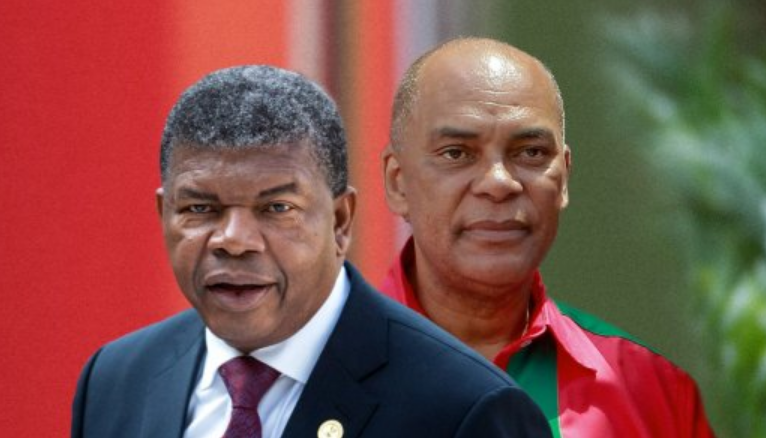[ad_1]
A recent book finds little reason for confidence that elections in August will provide impetus for reform and economic development. Angola at the Crossroads: Between Kleptocracy and Development by Rui Santos Verde came out as a hardback in 2021 and will be published as a paperback by Bloomsbury in the UK in September.
Angola’s modern history is a litany of violence and war punctuated by periods of autocracy, in which fantastic levels of corrupt personal wealth have co-existed with poverty for the overwhelming majority The book mainly focuses on the decline and fall of former President José Eduardo dos Santos from 2014 and the attempts at reform pursued by President João Lourenço from 2017 to March 2020.
Verde wrote the book while working as legal adviser to the pro-democracy and anti-corruption group Maka Angola set up by the journalist Rafael Marques, who has been received and decorated by Lourenço for his anti-corruption work. The president’s new broom removed Isabel dos Santos from the leadership of the Sonangol oil company. But legislative efforts to strengthen the country’s institutions and uproot corruption have been “feeble,” Verde writes.
Critics have argued that the anti-corruption drive is primarily a means for Lourenço to attack supporters of former president Dos Santos. Even now, Verde writes, “it is not clear if the president is a true reformer or is simply amassing power under the disguise of a reformist path.”
- In South Africa, Verde notes, President Cyril Ramaphosa set up a commission to investigate “state capture” under the previous government.
- There has been no parallel in Angola, where the “usual contempt for the rule of law” has continued.
IMF Role
General elections in Angola take place on August 24, with Lourenço seeking a second five-year term. The main opposition to the ruling Mouvement Populaire de Libération de l’Angola (MPLA), which has ruled since 1975, comes from the Union Nationale pour l’Indépendance Totale de l’Angola (Unita), led by Adalberto Costa Júnior.
Part of the blame for Angola’s failure to develop lies in the hands of the International Monetary Fund (IMF). The IMF, Verde says, prolonged the misrule of Dos Santos by providing money while failing to monitor institutional reforms. The fund again lent the country about $3.7b in 2018. The IMF was too optimistic in its assessment of the likely impact of Lourenço’s policies and had to downgrade growth forecasts.
The larger point, Verde argues, is that IMF programmes designed in and for developed countries tend to induce recessions which poor countries can’t withstand.
- The last thing that Angola needed was austerity: it needed investment in infrastructure, communications, investment and health.
- And that spending needed to be delivered by institutions which were not in the grip of corruption.
Despite everything, Verde says it is cautiously possible to speak of a “path from kleptocracy to hope.” Civil society under Lourenço has felt free to demand the eradication of corruption, and political debate on social media have mushroomed. Some progress on encouraging investment has been made, in areas such as weak protection of property rights, the mandatory need for local partners and repatriation of dividends.
Yet, the book notes, these legislative steps require a robust judiciary to become a reality, a condition which is not yet clearly met.
Lourenço, Verde suggests, may end up like thwarted reformers of authoritarian systems such as Marcelo Caetano in Portugal or Mikhail Gorbachev in the former Soviet Union.
[ad_2]
Source link
